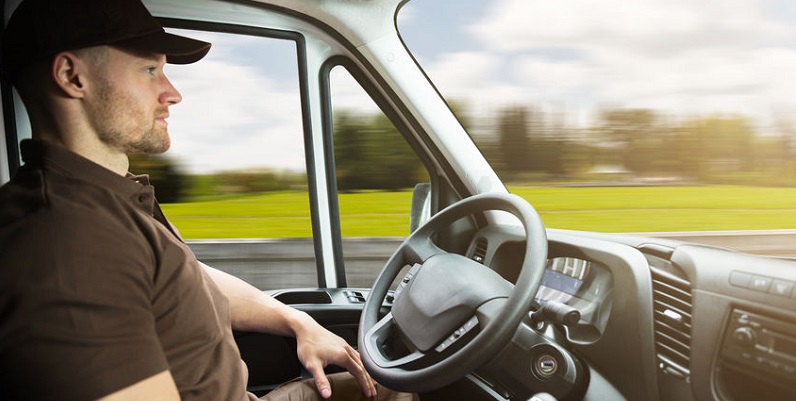Many states, including Colorado, have permitted developers of autonomous cars to conduct on-road testing. Only California requires the car makers to provide details about their testing programs and about any auto accidents involving the self-driving cars, no matter how minor.
State Provides Hospitable Regulatory Environment for Autonomous Vehicles
Quiet, efficient, safe, driverless vehicles may one day be commonplace on Colorado roads.
In 2018, Colorado Department of Transportation (CDOT) Chief of Advanced Mobility Amy Ford reported:
“We really have created the framework legislatively and policy-wise to bring autonomous driving into the state of Colorado.”
Colorado Laws Regarding Autonomous Vehicles
The Colorado legislature first set forth a framework for testing autonomous vehicles in 2017. Although opponents worried about safety, proponents countered that the very purpose of the law was to create a process enabling autonomous vehicles to be tested safely.
Many states, including Arizona, California, Colorado, Florida, Michigan, Nevada, and Pennsylvania, have permitted developers of autonomous cars to conduct on-road testing. Only California requires the carmakers to provide details about their testing programs and about any auto accidents involving the self-driving cars, no matter how minor. Colorado allows driverless vehicles to be operated in the state as long as they comply with existing state and federal law. The government also requires companies planning to test driverless vehicles here to notify CDOT or the state highway patrol.
The CDOT is also partnering with Ford, Panasonic, and Qualcomm to implement Cellular Vehicle-to-Everything (V2X) technology along the Interstate 70 corridor. And in 2019, the company EasyMile began testing 15-passenger driverless shuttles near the Denver Airport. The slow-moving shuttles are equipped with object detectors that enable the shuttles to avoid collisions and with GPS to enable them to follow a pre-programmed route.
Here are a few other innovative uses of driverless vehicles being explored in Colorado:
- In April 2020, the Colorado Springs restaurant L & L Hawaiian Barbecue started using remote-control toy vehicles to provide contact-free food delivery.
- Outrider, based in Golden, CO, has been using its software and self-driving electric trucks to move trailers around to be cleaned, transport them to a dock for loading, and transport them to a staging area. No human assistance or diesel engine is required.
- In September 2019, the National Renewable Energy Laboratory became the first federal facility to deploy an autonomous vehicle. The lab is using the new self-driving shuttle to carry people around a pre-programmed loop on its Golden, CO campus. The shuttle “will not only carry us around but it will give our transportation research team an opportunity to better understand autonomous vehicles,” says a director at the lab.
- In 2016, Uber’s self-driving truck division, Otto, completed a 120-mile beer run from Fort Collins, Colorado to Colorado Springs. A self-driving truck hauled 2,000 cases of Budweiser. (A human driver tagged along to oversee the trip, but didn’t have to intervene even once.)
A recent study co-authored by David Rojas-Rueda and others suggests that if properly regulated, autonomous vehicles would reduce injury and death related to motor vehicle accidents. Self-driving cars might even promote cleaner urban environments if the cars are electric.

